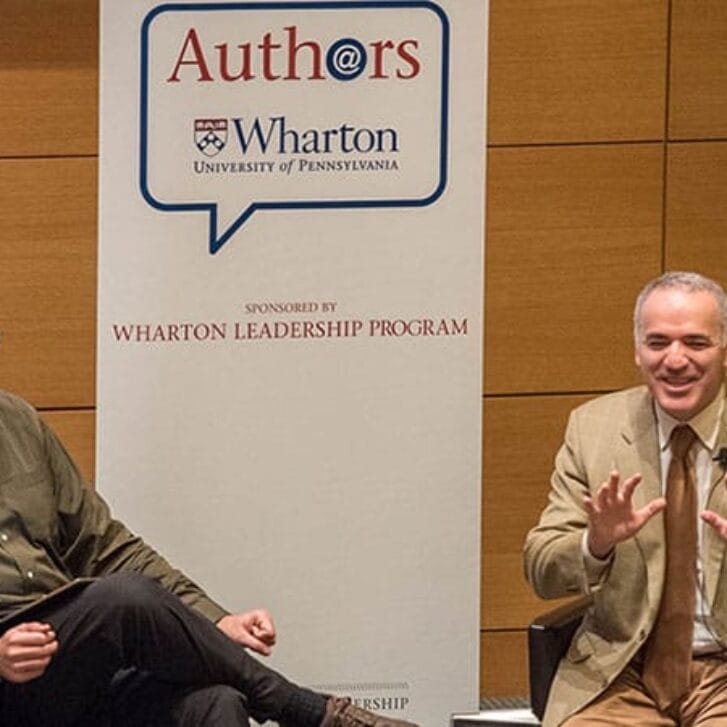I had a wonderful experience during my internship at Raymond James this past summer, but I don’t think I’ll be going back.
It’s often hard to separate personal goals and values from the pressures that come with graduating from an Ivy League university. Most of my classmates are determined to pursue incredible, high-profile careers in myriad industries. But I am here to argue that successful people take many different approaches to their goals. One of them, maybe, could even be leaving an internship without pursuing an offer, but having learned a great deal about yourself.
First, I would like to say that so many positive things came from my time spent working at Raymond James, a Southern, midsize bank. I met incredible people, including my supervisor, who taught me the idea of servant leadership. His job, as he saw it, was to make his team’s work run smoothly.
The concept of what you owe the company was extremely prevalent, which brings me to the culture. Every single person I interacted with was friendly, overly helpful and incredibly intelligent. I learned so much about Photoshop, InDesign, Dreamweaver and HTML that I almost felt guilty that they were paying me to learn so much. Those technical skills gained, on top of the business etiquette, public speaking and leadership seminars, made this more of a learning experience than I could have bargained for.
The biggest positive takeaway is that I got to feel the tangible Wharton Effect on my education and grooming for the real world. I rarely felt blind-sided, and the few times I was thrown for a loop, I was able to think through the process thoroughly enough to pull through. That doesn’t just happen—that’s Wharton talking.
Everyone was perfectly content with being so happy in their positions, but several weeks into the internship, I started to realize that my only issue with my cozy new job wasn’t just getting used to working five 8-hour days a week. The shoe dropped while we were at the company staff meeting, and everyone was sitting through a PowerPoint about where the company currently stood: its growth trajectory, our target demographic, profit margins, volatility in the stock market performance and just about everything else I learned in my classes here at Wharton. I was nothing if not prepared to hear about this stuff, and I owe that 100 percent to my professors.
What I began to realize during the staff meeting, as I looked around at accountants, marketing professionals, bankers, traders and everyone else from each department in the four-tower headquarters, was that every single person here, no matter their job function, was working toward one goal: the health of the company (read: profits). No, I am not saying that Raymond James only cares about money nor that it is a profit-hungry conglomerate. But just like any successful company, making money was its main goal. This is a concept I understand and perfectly respect—how could I not after learning about all the good that companies have brought to the world?
The dissonance came in when I came back from the meeting, looked down at my desk and realized that everything I was doing was ultimately heading to the end of making money. I wasn’t disgusted. I didn’t feel anything overly dramatic like that. I realized, though, that if I had to describe my overall sentiment toward that goal, it would probably be: “meh.” I clearly see the global significance of corporate success, because it is truly everywhere, especially where we least expect it. My problem was, and is, that the things I cared about were, by design, being pushed aside to make room for my job.
It’s true that hobbies are important, but it is absolutely not a fact that if you think you can get a job that pushes aside your passions (which for me are reading and writing) and expect to be able to entertain them at the end of the day, you are going to feel fulfilled.
That’s the biggest reason I have to be able to see my internship as a success. I learned that going into a field that, though I may understand it intimately enough to respect the heck out of it, may not be for me.
And that’s OK.
Then I had another epiphany. On yet another day I was feeling less than inspired after work, my mom turned to me in her rather distracted manner and said, “Why don’t you go to grad school?” My mind immediately agreed. “Yeah, I should,” resounded in my brain, while my mouth stayed shut and let my ears listen to my attorney role model (my mom) rattle off reasons why that made sense. And she wasn’t wrong. I had always pushed the idea away because it seemed like the obvious, extremely expensive, option.
But the fact is, I’m good at all the things I should be good at to pursue further academia—and I enjoy doing them. I experienced what it was like to work somewhere that was great, but whose greatness I couldn’t internalize because it just didn’t align with what was important to me. Graduate school, on the other hand, coincides with my strengths in writing, reading, arguing my own ideas, meticulous research and spending hours in front of books.
I will be approaching it with an open mind, understanding that each opportunity is what you make of it (even today, I look fondly on my time at RJ because I learned so, so much). However, the more I learn about corporate careers, and the more I learn about the elusive life after academic graduate school, the more I realize that some people are cut from different stones. Where you work matters, and it’s much easier to be happy when your internal value system is aligned with your career’s big picture.


























